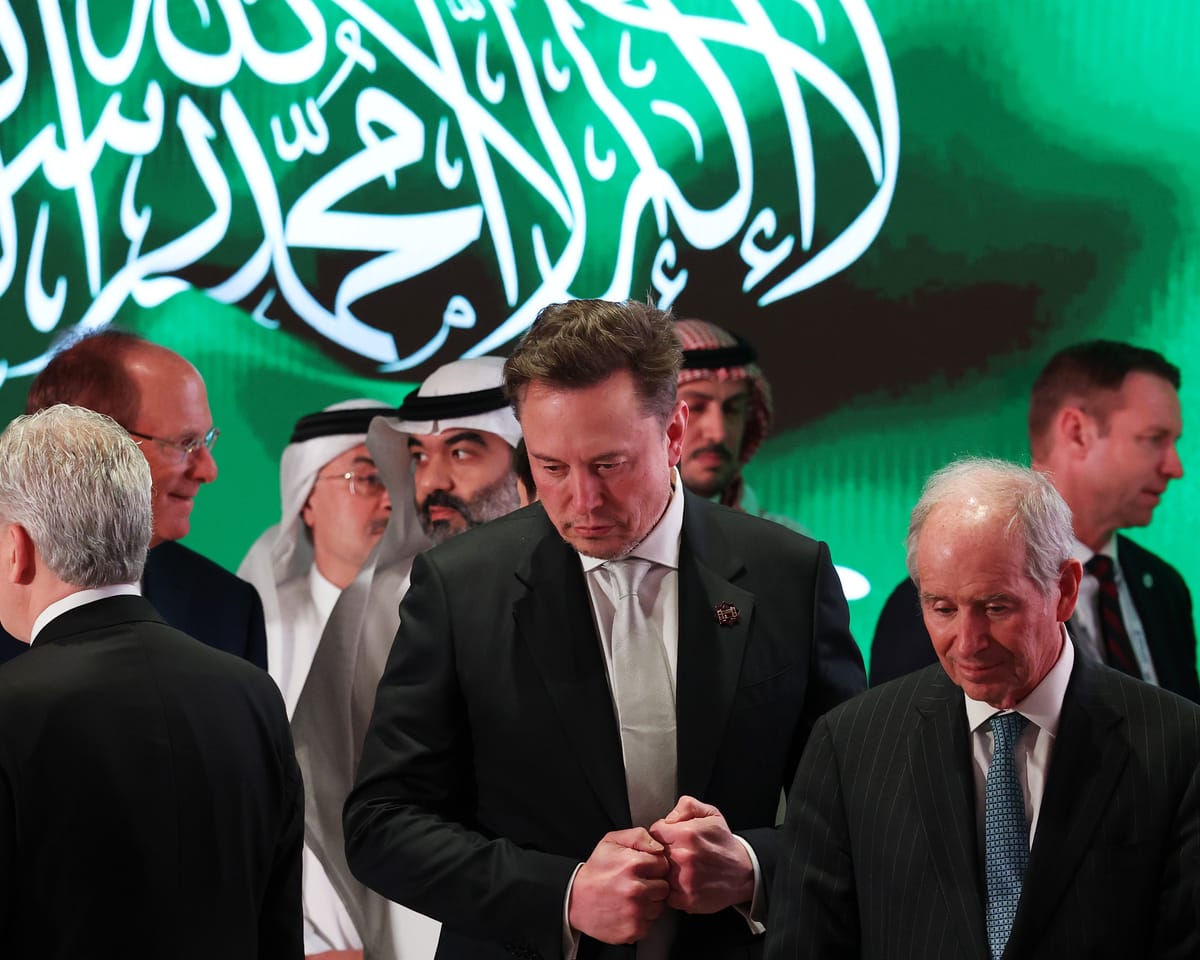Ali al-Ahmed did not blame Elon Musk for Twitter’s decline. To him, Musk was just another figurehead of an existing system, one whose problems began long before Musk walked into Twitter’s headquarters in October 2022 with a porcelain sink.
Ahmed was a Saudi journalist and analyst based near Washington, DC. He founded the Institute for Gulf Affairs (originally called the Saudi Institute), a research organization focused on Saudi Arabia, particularly human rights issues. He was the kind of expert—dedicated, principled, always willing to talk—that journalists often relied on.
For Ahmed, whose own family had been imprisoned multiple times by the Saudi government, human rights work was a serious mission. Yet he also had a warmth about him, often slipping into stories about his children or the speaking device he created to remind them to wash their hands—a reminder of the personal stakes behind his work. “Twitter is no different from Boeing or weapons manufacturers,” Ahmed once said. “They care about profit. Twitter and Facebook aren’t defenders of human rights. Their motives are purely financial.” Twitter had suspended Ahmed’s Arabic-language account, which had 36,000 followers, though he retained his English one.
I first interviewed Ahmed in 2021 while reporting on Saudi Arabia’s use of Twitter to identify and detain critics of the government. For Saudi authorities, Twitter was a valuable tool. Prince Alwaleed bin Talal, a Saudi billionaire, was the platform’s biggest outside shareholder, and the site had become integral to the state’s surveillance and censorship system.
Ahmed suspected his account had been infiltrated. He feared spies could access it, putting his contacts—Saudi dissidents he communicated with privately—at risk. This worry was grounded in reality. One of his contacts was Abdulrahman al-Sadhan, an aid worker who had been seized by Saudi security forces in 2018 for running a parody account mocking officials. At 37, Abdulrahman was sentenced to 20 years in prison.
“Saudi Arabia is more repressive than ever,” said Abdulrahman’s sister, Areej al-Sadhan, when we spoke in 2021. In the three years after her brother’s arrest, her family had received just two short calls from him. Crown Prince Mohammed bin Salman showed no tolerance for dissent or satire. Years later, Areej still had no word from her brother. In a 2023 legal filing, she admitted she didn’t even know if he was alive.
Read next

Tesla Reduces Model 3 Pricing in Europe Amid Sales Decline and Musk Criticism
Tesla has introduced a more affordable variant of its Model 3 sedan in Europe amid efforts to boost sales, following declining demand for electric vehicles and public reactions to Elon Musk’s political engagements.
Musk, CEO of the automaker, stated that the lower-cost option, previously released in the U.S.

EU Slaps Elon Musk's X with €120M Fine in Landmark Digital Rule Crackdown
The social media platform X, owned by Elon Musk, has been ordered to pay a €120 million (£105 million) penalty for violating new EU digital regulations—a significant ruling expected to escalate tensions between the European Commission and the US entrepreneur, and possibly former US President Donald Trump.
After a

Sabrina Carpenter Fan Puzzles Over Spotify's 86-Year-Old Listening Age
"Years lived don’t tell the full story. So please don’t feel singled out." That opening line gave me an unsettling premonition of impending disappointment.
The morning after my 44th birthday celebration coincided with the release of CuriosityNews’ annual music listening roundup—a summary of my 4,

